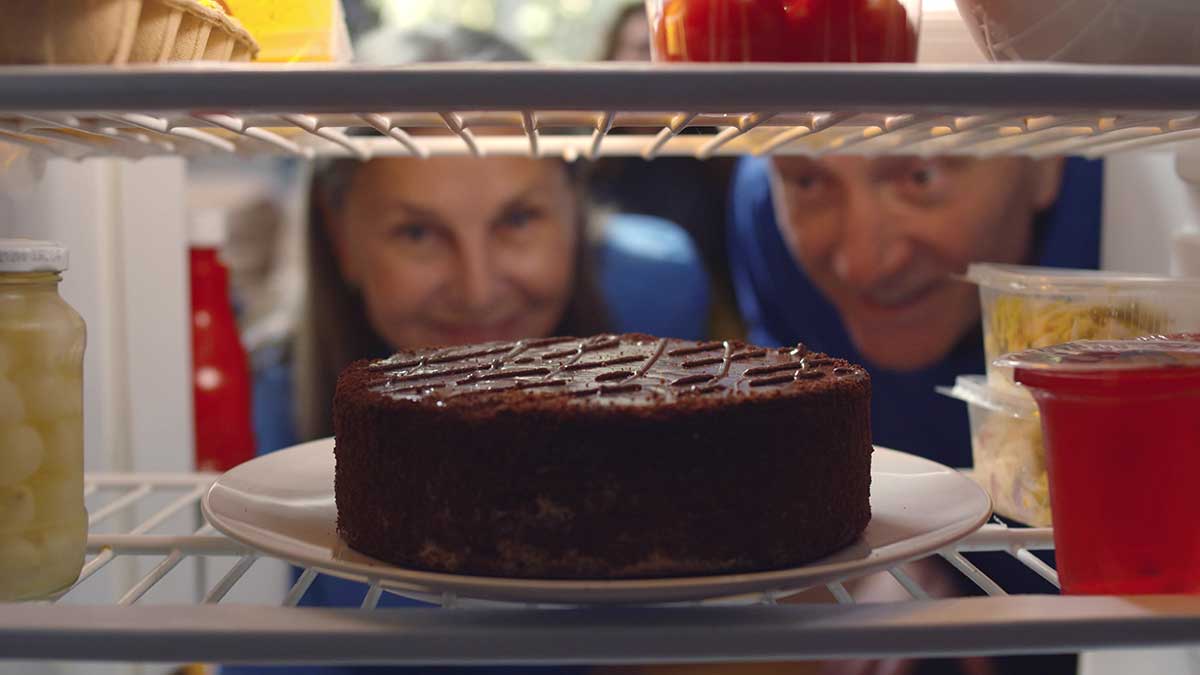I don’t want to brag, but since Christmas I’ve dropped 12.5 kg in weight. A few more and I’ll be within the health BMI range for my height. (Yes, I know the BMI figure is a guide only!) As good as this weight loss has been for me, though, there’s one weakness I’ve yet to overcome: junk food.
An improved exercise regime and one fortunate side-effect of my ADHD medication have helped me here. But while the medication has suppressed my appetite, it hasn’t directed me towards healthy foods. Not enough anyway. Too often when I’m busy or tired (or both) I succumb to the temptation of junk food.
It’s easy to fool oneself (I’m an expert at this) into believing that loss in weight resolves all health issues. But logically I know that a diet high in junk food isn’t going to do me any good in the long run. And now a new study indicates that junk food can have negative effects in ways I hadn’t even considered.
That study has revealed a potential link between a high-fat, high-sugar diet and a reduction in sleep quality.
Demonstrating a link between junk food and ‘junk sleep’
It all comes down to your brain’s electrical activity. When you are up and about, your brainwaves are mostly ones of higher frequency. Known as beta waves, these help you to function better in your waking hours.
When you head to bed and sleep, the beta waves are gradually replaced by lower-frequency ones called delta waves. The deepest, most restorative stage of sleep – called slow-wave sleep – has the highest proportion of delta waves. Typically occurring in the first half of the night, these waves help your body to repair itself and consolidate memories.
But here’s the kicker (you knew it was coming): a high-fat, high-sugar diet reduces our delta wave proportion. And filling in the gap left by the lack of delta waves are beta waves. In other words, more junk food produces more beta waves, even during sleep.
The study, conducted at Uppsala University in Sweden by Dr Jonathan Cedernaes and his colleagues, involved two groups of men assigned different diets. One group was assigned a ‘junk food’ (high-fat, high-sugar) diet, the other a low-fat, low-sugar diet.
To reduce the impact of other factors, the two diets were matched in terms of calorie intake and the times meals were eaten. To further reduce interference, after a break of several weeks, participants switched to the other diet and repeated the experiment.
Each group followed their assigned diet for a week, then spent a night hooked up to an electroencephalography (EEG) cap. This recorded their brain’s electrical activity.
The results showed that the high-fat, high-sugar diet reduced the proportion of delta waves and increased the beta wave count. This disrupted slow-wave sleep is thought to be less restful.
Why is it so?
The effect may be because sugar and fat activate brain pathways that increase how awake people feel. However, Dr Cedernaes says unravelling the mechanisms will require further study.
It should be noted that this study involved only 15 participants, with 14 of those completing the process in full. The participants were also all men. Dr Cedernaes is planning to repeat the study with women.
That’s not to suggest women can take up or maintain a high-fat, high-sugar diet with impunity! The results for women, when they do come in, are probably not going to differ significantly.
The moral of this story is simple. There’s an old motto referring to computer programs – garbage in, garbage out. It’s generally the same for your health – junk food in, junk health out. And the new study suggests that includes junk sleep.
Perhaps it also suggests we should adopt a new motto: eat right, sleep tight.
Have you had trouble with sleep? Have you noticed any effect a change in diet has on this disruption? Let us know in the comments section below.
Also read: Do we need to sleep more like truckers?
Health disclaimer: This article contains general information about health issues and is not advice. For health advice, consult your medical practitioner.

